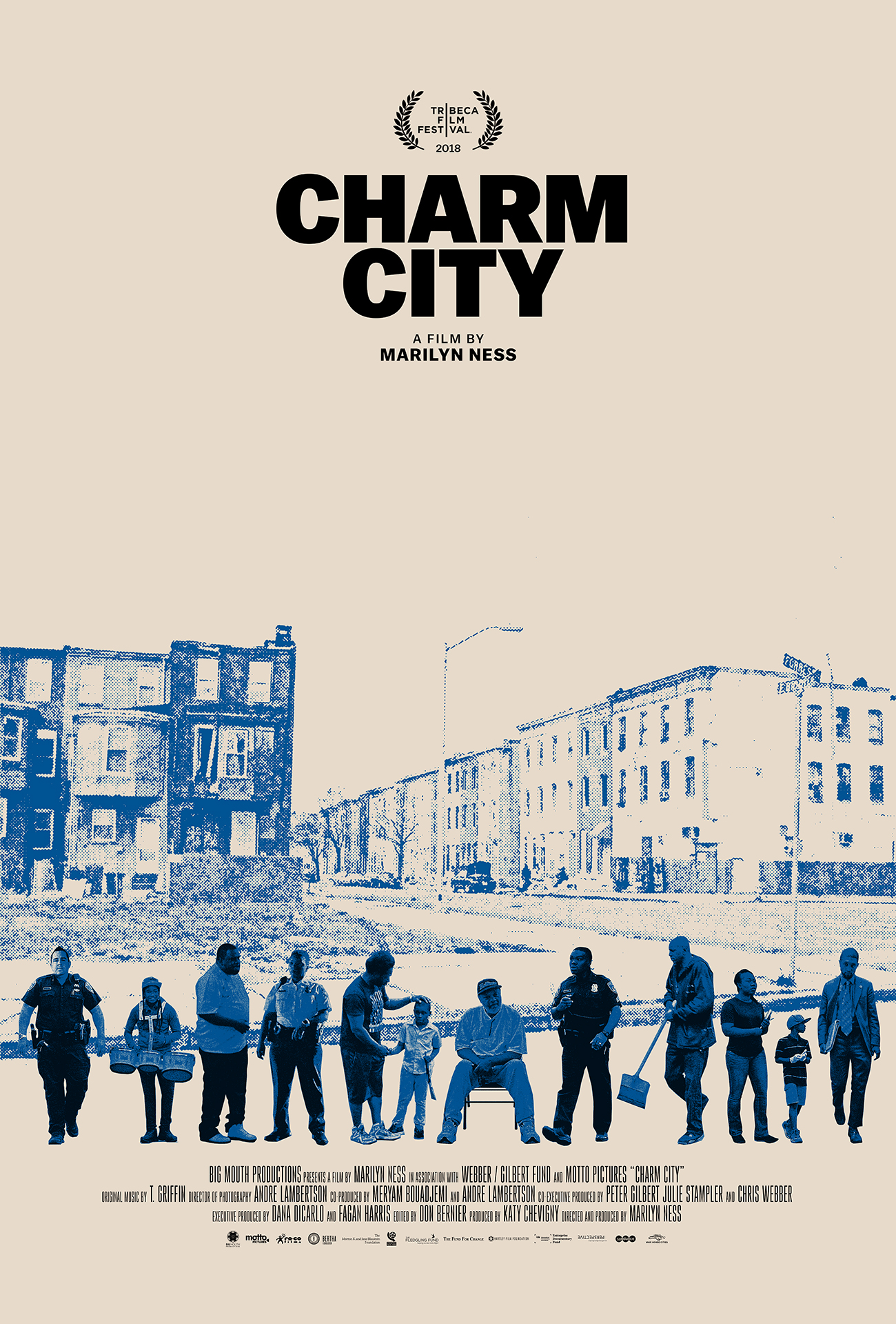Film Review: Charm City (2018)



Charm City should be an effective tool in the fights to enact real, tangible policy changes with the goal of easing the grip that violence and drug addiction have on American cities. It should be, but sadly, it probably won’t be. It’s an effective and engaging documentary for those who choose to hear its pleas for peace, but convincing politicians to act and police forces to change their attitudes and approach to marginalized communities is a different matter altogether. But, with the ever-increasing connectivity of today’s world and its communication cycles, the problem is growing increasingly hard to ignore. We need more films like Charm City to keep the pressure on.
Shot over the course of three years, Charm City chronicles Baltimore in the aftermath of the death of Freddie Gray. While not being specifically about that incident, it always seems to be on the tip of everyone’s tongues. Everyone’s but the police’s anyway. The story is told from three perspectives that appear to converge on a single goal: making Baltimore a safe place to live. The first and most compelling side of the story comes from the streets themselves, with the Rose Street Community Center serving as a home base. Here we meet a host of residents who are intent on making their neighborhood a safer place to live. There’s Mr. C, an aging Samaritan and wise man who runs the center, and Alex, a man so dedicated to the cause and whose story is so cogent it’s nearly awe-inspiring. We get to know the neighborhood and come to truly care about those who live there.
Next is a young politician working hard to make changes at the city level. Councilman Brandon Scott is a diamond in the ruff whose goal is to hold police and other agencies accountable for their actions and to put in place progressive strategies that work for communities rather than against them. Where the film loses a bit of steam is in the third group – the police. I have no issues with highlighting good officers who join the force for the right reasons and whose objectives and motivations are pure, but these noble officers are the only faces we see. We don’t see any corruption and it isn’t even much mentioned. It could be argued, I suppose, that filmmaker Marilyn Ness left out the nasty and excessive aspects of the Baltimore PD because, well, we already know about that area of the problem and there are other documentaries we could refer to for more information (13th for example). If this is the case, so be it, but it should be acknowledged, and preferably by the officers who are showcased.

Putting that aside, Charm City works incredibly well as a demand for action, and as an example of what that change may look like. It’s a beautifully crafted film with some of the best editing I’ve seen in a documentary. Ness clearly spent time getting to know her subjects and the level of trust between filmmakers and those being filmed is evident. Near the end, when the community we’ve grown to love is hit with a tragedy that strikes home, the emotion comes pouring off the screen. The Rose Street Community Center perseveres through this hardship and we’re there with them. The players are candid, open, and honest – and they want change. It’s too bad we’ll need more like it before people start listening.
